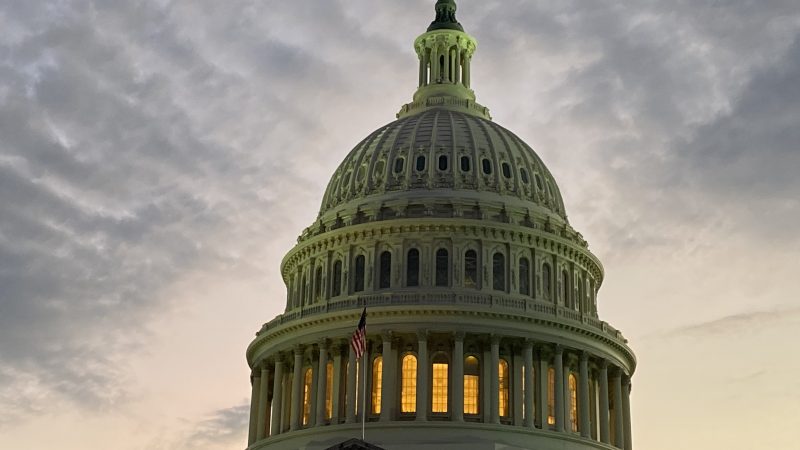
Why and How Faculty Should Participate in U.S. Policy Making
If the U.S. Congress is to produce sound policies that benefit the public good, science and technology faculty members must become active participants in the American policy-making process. One key element of that process is congressional hearings: public forums where members of Congress question witnesses, learn about pressing issues, develop policy initiatives and conduct oversight of both the executive branch and corporate practices.
Faculty in science and technology should contribute to congressional hearings because: 1) legislators should use data and scientifically derived knowledge to guide policy development, 2) deep expertise is needed to support effective oversight of complex issues like the spread of misinformation on internet platforms or pandemic response, and 3) members of Congress are decision makers on major issues that impact the science and technology community, such as research funding priorities or the role of foreign nationals in the research enterprise. A compelling moment during a hearing can have a profound impact on public policy, and faculty members can help make those moments happen.
Read the full article at Inside Higher Ed.
FAS is launching the Center for Regulatory Ingenuity (CRI) to build a new, transpartisan vision of government that works – that has the capacity to achieve ambitious goals while adeptly responding to people’s basic needs.
This runs counter to public opinion: 4 in 5 of all Americans, across party lines, want to see the government take stronger climate action.
Cities need to rapidly become compact, efficient, electrified, and nature‑rich urban ecosystems where we take better care of each other and avoid locking in more sprawl and fossil‑fuel dependence.
Hurricanes cause around 24 deaths per storm – but the longer-term consequences kill thousands more. With extreme weather events becoming ever-more common, there is a national and moral imperative to rethink not just who responds to disasters, but for how long and to what end.